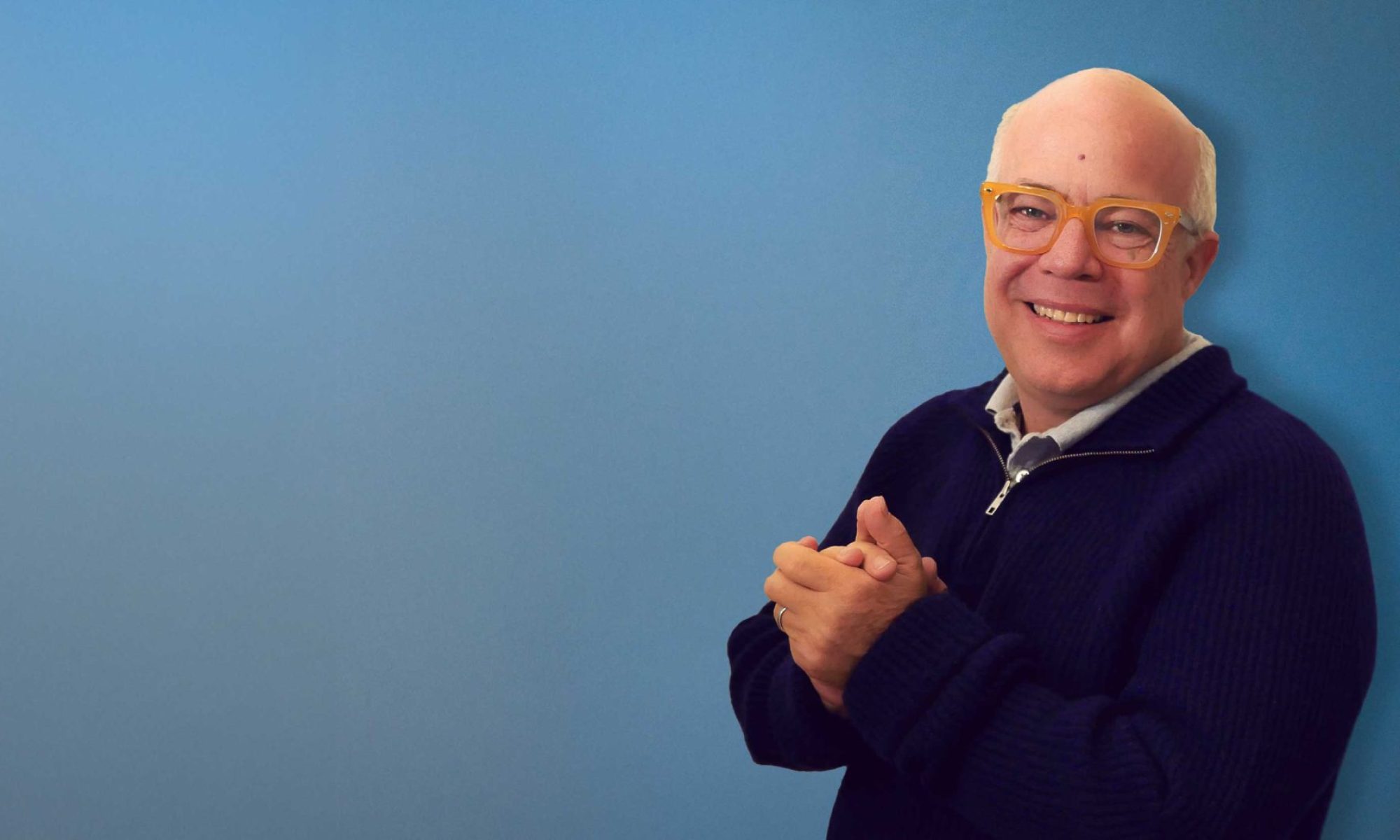Recent conversation w a client – major deja vu. How often have I had this same discussion: what they say they do isn’t what’s happening day to day. A beautiful, compelling mission is worthless unless it lives in the the daily interactions of the organization.
It’s incredibly difficult to craft that powerful mission statement, that brief phrase that evokes the substantive and significant meaning of the organization. After years of fiddling around and finally getting the words “just right,” it’s probably pretty annoying to hear that isn’t that important. Don’t get me wrong, the “right” mission statement is incredibly important — it’s just unimportant in comparison with the real challenge: putting the mission in action.
 To make a mission live requires “drilling down,” carefully focusing to align intention and action. Think about the basic activities that take place in your organization each day: What does it look, feel, and sound like to do those in accord with your mission?
To make a mission live requires “drilling down,” carefully focusing to align intention and action. Think about the basic activities that take place in your organization each day: What does it look, feel, and sound like to do those in accord with your mission?
For example, Six Seconds’ mission is: “Supporting people to make a positive difference, everywhere, all the time.” So how should we answer the phone? How should we respond to our colleagues when we disagree? To live that mission, how should we be defining our organizational roles, setting budgets, or even choosing what paper to buy? How about the culture we need to create — and the feelings that are essential to drive that?
Nan Summers, a friend and member of our network, once told me that when she was at Disney they had a phrase, “Everything Speaks,” meaning each little “tidbit” of the environment and the people there transmits some message… either the one intended or something else. When you drill down, you recognize what & who is speaking, and adjust that to line up with the deeper shared purpose. This requires giving up some level of autonomy — but not so much that you lose authenticity… big challenge! Emotional intelligence is invaluable here because you need to see beyond the tactical.
“Everything speaks” emotionally even more than logically — millions of subtle messages come to prevade an organization and shape a culture and climate that’s infectious. New people come in and adapt — and every interaction, every look, every nuance, ultimately transmits to the customer’s or client’s feelings of trust & loyalty.
Yet most organizations — businesses, government agencies, schools — that I encounter can barely articulate their purpose, and have little bandwidth to spare to consider how that purpose is being undermined or supported. Just imagine how, if leaders made it an absolutely priority to ensure that the mission was alive at every level, these enterprises would rocket forward. Have you ever been part of such a place?

